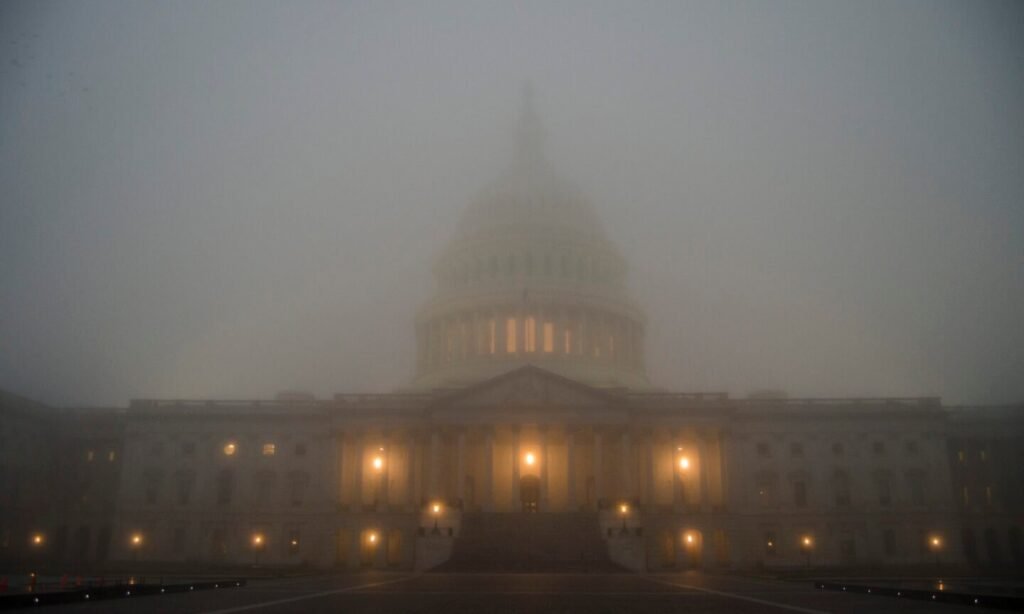As Americans wake up on Saturday morning after the Halloween festivities, they will find themselves in a troubling new reality – the second month of a government shutdown with no end in sight.
The shutdown, which started on October 1, is on track to become the longest in U.S. history if it continues until November 5.
While federal workers have been the most affected so far, the impact of the shutdown will soon be felt by millions of other Americans. Here are some of the upcoming consequences as the deadlock persists.
1. Some 41.7 million Americans could lose food assistance
Due to the funding gap, Supplemental Nutrition Assistance Program (SNAP) benefits will cease as of November 1. This will leave 41.7 million people without essential food support, putting families at risk of hunger and straining community food banks.
Although the Department of Agriculture has emergency reserve funds for SNAP, they have not been disbursed during the shutdown. A federal judge may intervene to release these funds to support the program.
2. Military pay could be at risk
In addition to federal workers, active service members may face pay disruptions if the shutdown continues. The White House has used temporary measures to pay military personnel, but this solution is unsustainable.
Treasury Secretary Scott Bessent has expressed concerns that service members may not receive their pay after November 15, highlighting the urgency of resolving the shutdown.
All federal workers and service members will eventually receive back pay once the shutdown is over, but the delay in payments could create financial strain.
3. Travel service disruptions will worsen
Staffing shortages in air traffic control and TSA are expected to lead to increased flight delays and cancellations. National parks and public lands will also be affected, impacting travelers and tourism revenue.
4. Service disruptions will deepen
Various federal services, including public health monitoring, Medicare applications, FHA loans, and small business loans, will experience delays or interruptions due to the shutdown.
5. The economy will take a harder hit
The shutdown is expected to impact consumer spending, business losses, and overall economic growth. The Congressional Budget Office estimates a reduction in real GDP in the fourth quarter, with long-term repercussions on economic policy and stock market stability.

